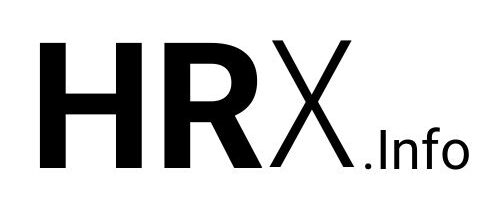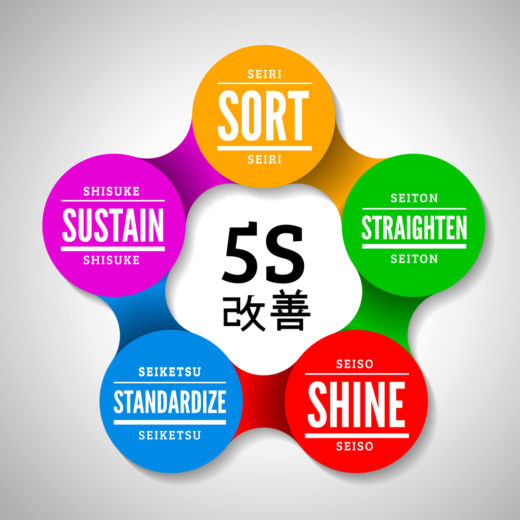Kaizen is a Japanese term meaning “change for the better” and refers to a philosophy of continuous improvement. Rather than being a specific method, Kaizen is a mindset that should guide all thinking and action within an organization.
Key Principles of Kaizen in the Workplace
Kaizen focuses on incremental process improvements and applies to areas such as:
-
Work methods
-
Tools and systems (see also work system)
-
Work environment
It emphasizes small, ongoing changes rather than large-scale overhauls. The Kaizen approach includes:
-
Customer orientation
-
Process orientation
-
Effective use of standards
-
Problem awareness and resolution, using tools like quality circles
-
Employee participation at all levels
Two central design principles underpin Kaizen:
-
Value creation – Evaluating how every activity contributes to customer value
-
Cost optimization – Identifying and eliminating non-value-adding processes
Kaizen and Human Resource Development
Kaizen can also be effectively applied within human resource development (HRD) as part of organizational development. When HR processes adopt a Kaizen mindset, continuous feedback and improvement become part of everyday work. This prevents HRD structures from becoming static or bureaucratic and encourages employees to regularly evaluate and enhance their contributions and growth potential.
« Back to Glossary Index





![15 Employee Offboarding Templates That Save Hours of HR Time [Free Downloads] 15 Employee Offboarding Templates That Save Hours of HR Time [Free Downloads]](https://i1.wp.com/www.hrcloud.com/hubfs/Header.png?w=150&resize=150,100&ssl=1)
